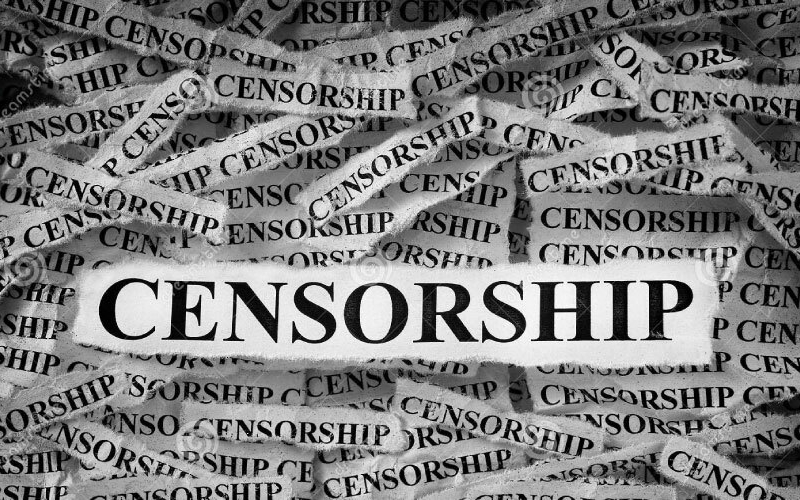Big Tech’s Censorship and Influence on American Elections
Big Tech has taken its cultural activism to new heights, turning from a hub of innovation into a political force, openly favoring progressive agendas and suppressing conservative viewpoints. America is witnessing these tech giants’ selective censorship as Silicon Valley companies exert their outsized influence over politics and elections. No longer just neutral platforms, they have become virtual gatekeepers, determining what messages get through and which are silenced.
A recent study from North Carolina State University highlights the alarming bias in one of the most widely used services—Gmail. Researchers found that Gmail was seven times more likely to filter conservative candidates’ campaign emails into spam folders compared to their left-wing counterparts. This kind of bias, unnoticed by many, could have significant implications for how voters receive information and make decisions.
But it doesn’t stop there. Major companies like Stripe, GoFundMe, and even wireless providers have played a part in suppressing conservative voices and movements. From blocking campaign donations to shutting down fundraising efforts for causes that challenge liberal orthodoxy, Big Tech’s influence reaches deep into the political process.
These actions raise serious questions about fairness in American democracy. With Big Tech corporations holding immense control over communication channels, conservative candidates are often left scrambling to get their message out. While their platforms claim neutrality, the subtle—and not-so-subtle—tilt toward progressive causes is undeniable, and it’s leaving an indelible mark on the future of American elections.
The creeping influence of Big Tech must be acknowledged and addressed before it completely reshapes the political landscape in favor of one side. This is about more than just business practices—it’s about the integrity of our democracy.






